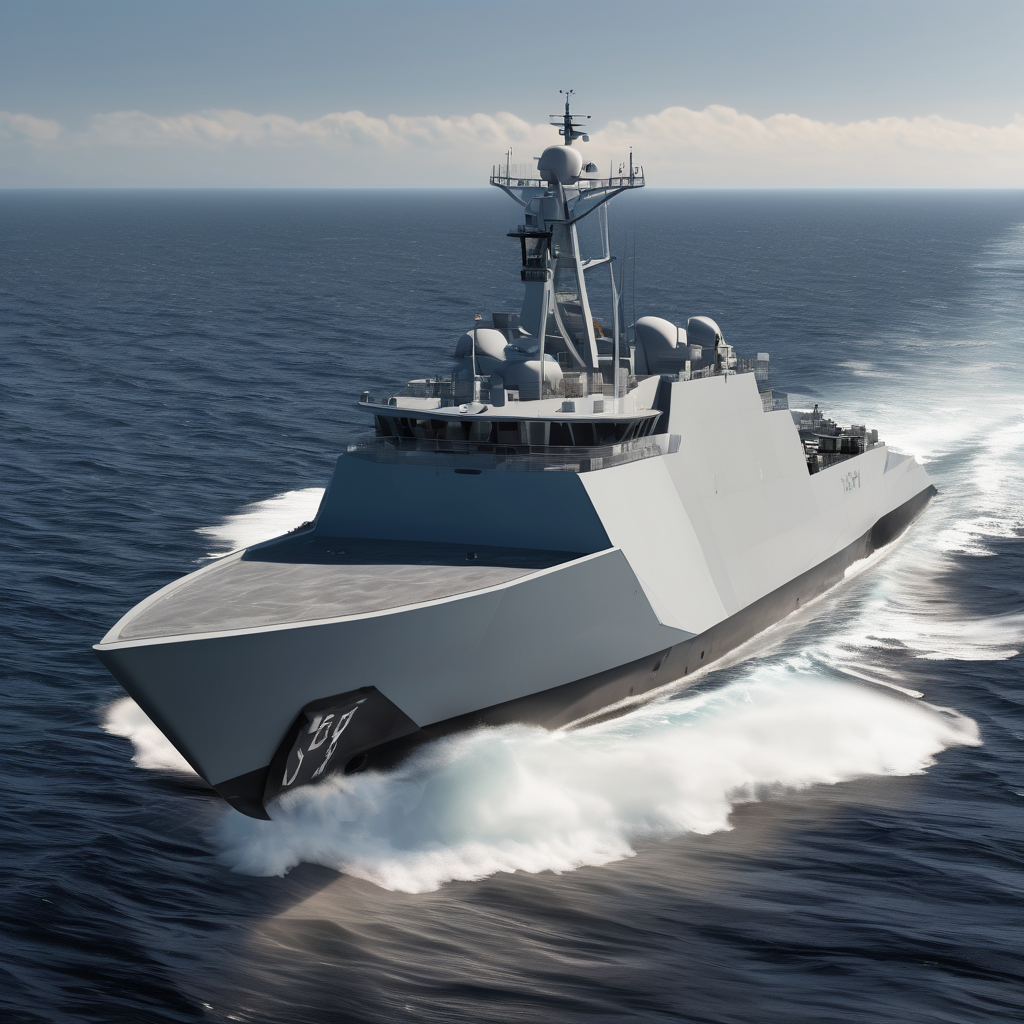U.S. forces targeted and hit another vessel suspected of trafficking illegal drugs off the coast of Venezuela on Saturday evening, as announced by President Donald Trump on Sunday. During a speech at Naval Station Norfolk, alongside the Harry S. Truman aircraft carrier, Trump elaborated on the U.S. strategy to combat drug trafficking, indicating a shift towards monitoring overland trafficking operations now that maritime routes are being disrupted.
Trump’s remarks followed a strike that took place on Friday, which Defense Secretary Pete Hegseth indicated was part of an ongoing campaign against what he described as “cartel terrorists.” This latest strike represents at least the fourth U.S. operation against suspected drug shipments in recent weeks, resulting in the death of four individuals.
“In recent weeks, the Navy has supported our mission to blow the cartel terrorists the hell out of the water,” Trump stated, noting that the effectiveness of these operations has prompted a need to redirect focus to land-based trafficking routes, as maritime paths are becoming less viable for these traffickers.
The response from Venezuelan officials was immediate, with President Nicolas Maduro condemning U.S. military actions in a video posted on Telegram. Maduro asserted, “Our people have never and will never be afraid to defend their right to live and be free,” positioning Venezuela as resilient against what he labeled as foreign aggression.
Maduro’s sentiments were echoed by Venezuelan Foreign Minister Yvan Gil, who revealed that he had received assurances of support from Russian counterpart Sergei Lavrov. In addition, Gil disclosed that Maduro had reached out to Pope Leo XIV, seeking papal support to foster peace amid ongoing tensions.
Hegseth further clarified in a Fox News interview that U.S. operations in the Caribbean have full authorization, emphasizing the commitment to dismantling drug trafficking networks associated with the Venezuelan regime.
The dynamic between the U.S. and Venezuela continues to be marked by significant tension, underscoring a complicated geopolitical landscape. As both sides navigate these challenges, there remains a flicker of hope for diplomatic engagement that addresses the humanitarian concerns on the ground while tackling the pressing issues of drug trafficking and regional stability.
